As retirement comes closer and closer, you might start to let loose because you feel like you paid your corporate fees, and it’s almost time to sit back and enjoy the fruit of your labor. However, it is essential to err on the side of caution because you can make some grave mistakes that will ultimately jeopardize your future relaxation plans.
1. Quitting Your Job

According to the US Department of Labour, an average worker will change their job multiple times across their life. This means that when you switch or quit your current job, you’re faced with the question of taking your 401k account with you and keeping it there.
Additionally, until you’ve been employed for a specific time, you won’t have full ownership of the stocks you have in the company, so you might want to see your options and how much time is left until it’s all yours.
2. Lack of Savings

One of the biggest mistakes people make is that they don’t start saving until they are nearing their 40s. The thing with compound interest is that the longer your money sits in your savings account, the more value and profit you’ll generate. If you have the option of a 401k at work, take it because it reduces your taxable income for the year you add money to the account.
3. Not Having a Financial Plan

It might not sound like a big deal when you’re younger, but it can be pretty beneficial if you have a plan set in place at an early age. You should plan meticulously from retirement location to health and age to avoid future problems. Investopedia recommends having a financial planner to assist you in your journey.
4. Not Maxing Out a Company Match
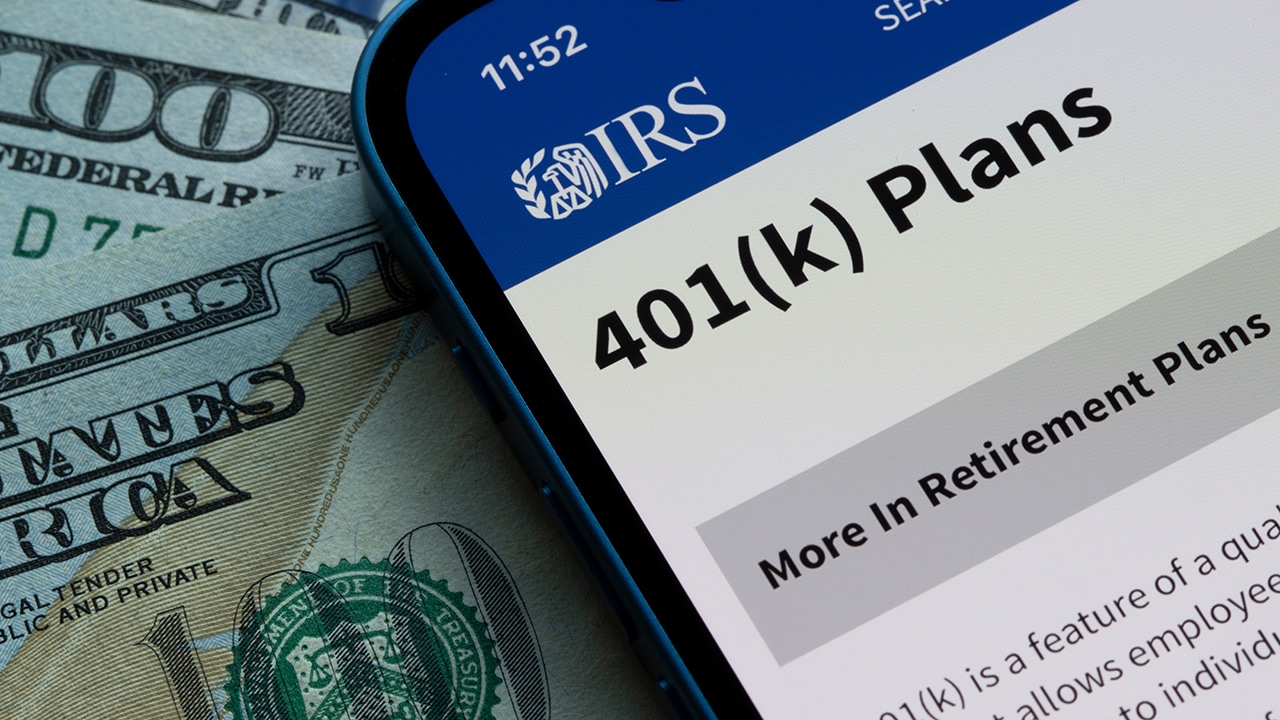
Many companies offer a 401k account where when you contribute a certain percentage of your income, the company generally matches some of it. Let’s say you’ve put in 2%, then your company might contribute 1% on their own. According to the Internal Revenue Service (IRS), you can add a maximum of $23,000 per year to your 401(k), so it’s essential to exploit it to the fullest since it’s simply free money.
5. Making Unwise Investments

While taking risks while investing is essential, you need to be smart about it. Blind investments can be your biggest downfall, especially when you don’t have a safety net in place to help you back up when you fall. For example, you’ll likely lose all your money if you put all your savings in cryptocurrency without proper research.
On top of that, according to the IRS, you’ll receive an annual disclosure from your 401K plan sponsor, so make sure you read it for policy changes that can affect your investments.
6. Not Rebalancing Your Portfolio
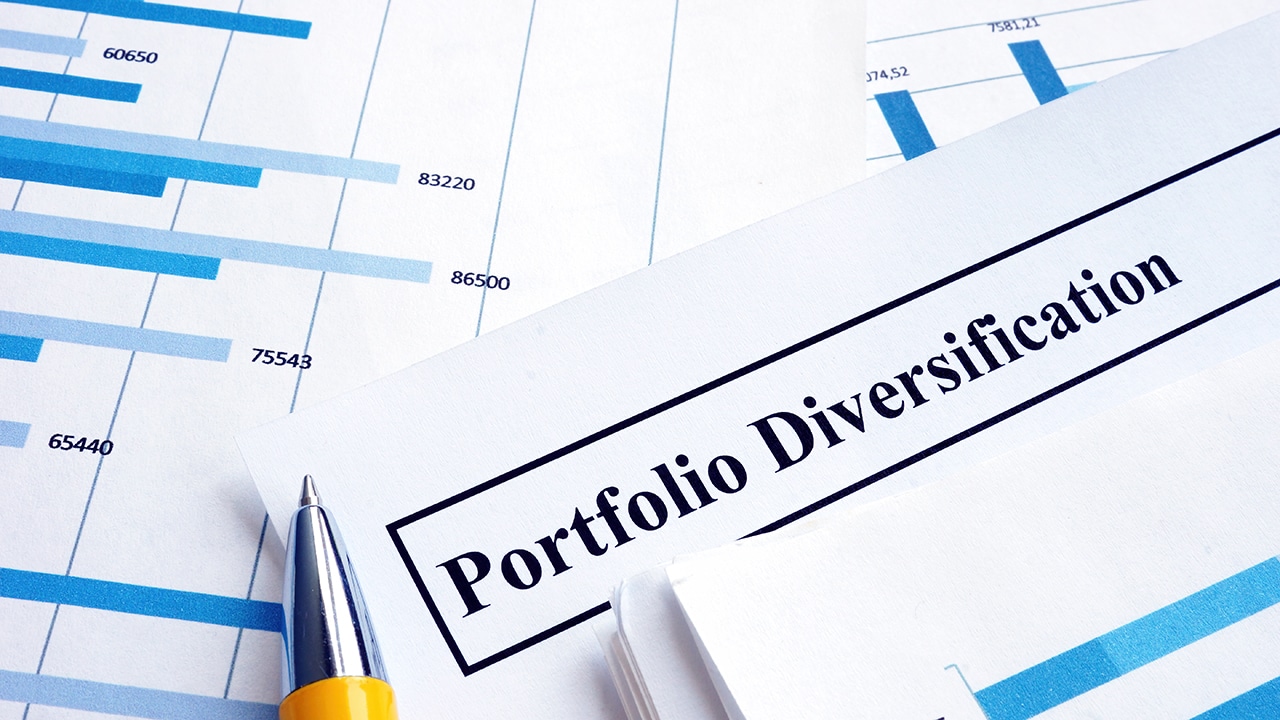
Investopedia recommends rebalancing your portfolio quarterly or annually as market conditions keep changing in today’s economy. When you’re nearing retirement age, you must increase the percentage of bonds in your portfolio for maximum benefit.
7. Little Tax Planning

Keeping in touch with changing tax laws is one of the most important steps people tend to forget. None of your planning will amount to anything if you don’t consider the law. CNBC recommends making earlier withdrawals if there’s an upcoming tax law change. According to them, one will be in 2026, so you should watch out for that.
8. Cashing Out Savings

A recent study found that 85% of employees who cashed out their savings drained their accounts dry. Cashing out your savings before the age of 59.5 is a mistake that will cost you more than you realize. Your plan sponsor will withhold about 20% of the amount because of taxes and penalties, so you’re missing out on a lot of money.
9. Tons of Debt

What’s the worst thing that can hinder your savings? It’s debt. When you take out a huge loan, you shouldn’t use your savings to pay it off, and the debt should be factored into your daily budgeting. Having an emergency fund in place is important, which you can utilize in times of need instead of resorting to your retirement money.
10. Not Accounting For Health
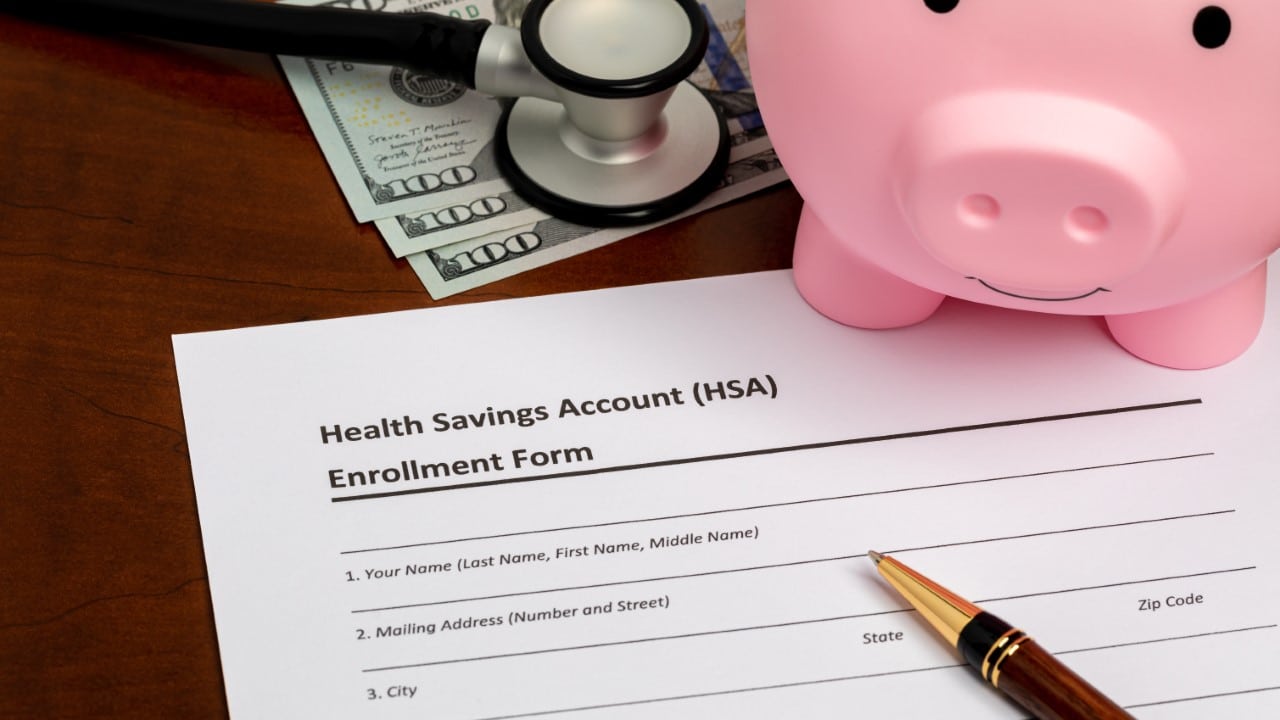
According to the Fidelity Retiree Health Care Cost Estimate, a single person aged 65 needs around $157,500 saved for health-related problems in their retirement. So, if you’re not planning for unexpected health issues that can arise, you’re going to be hemorrhaging a lot of cash and won’t be able to live out all your dreams and aspirations.
11. Taking Social Security Early
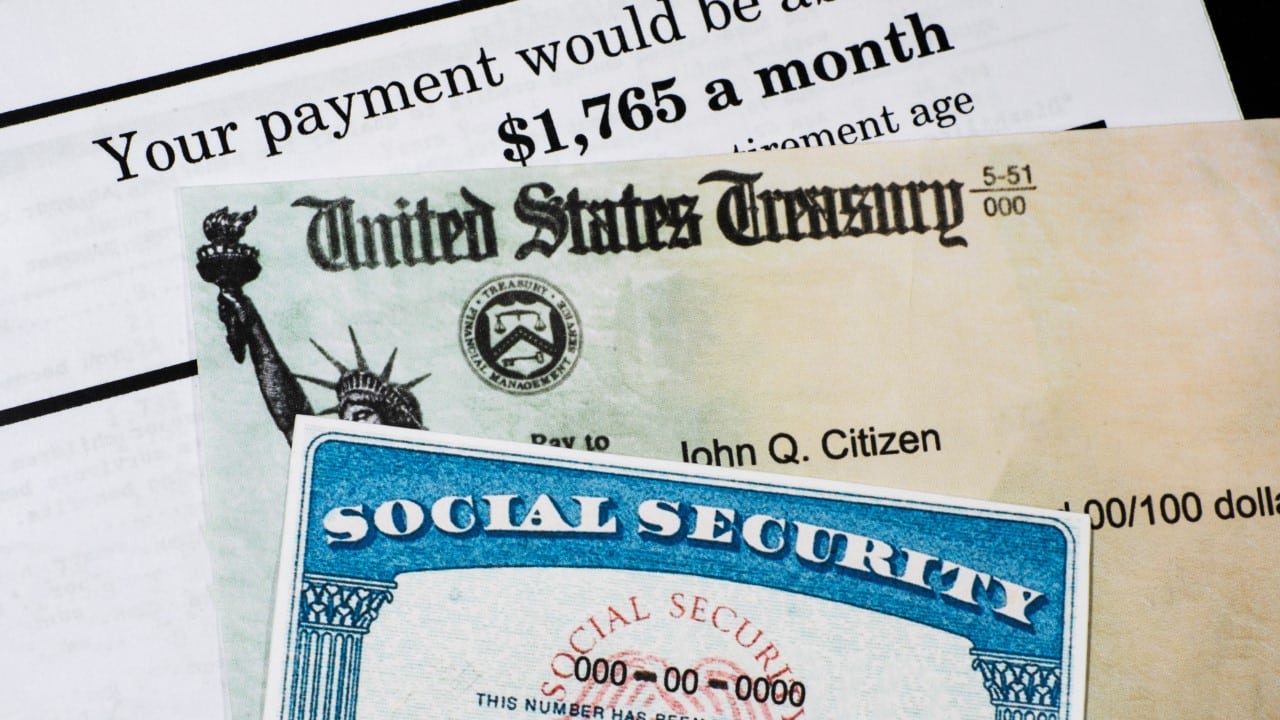
As mentioned by CNBC, you should wait as long as possible to take out your social security, ideally at 70, but at least after 65. The longer you wait, the more benefits you’ll get, which will help you be set for the rest of your days. However, you should claim it early if you’re facing health problems.
12. Running Out of Money in Retirement

Making rash decisions and not being fully prepared before your retirement can harm your plans because you’ll run out of money. You never want to do this and is often a fear among many. If you’re consciously planning and considering future costs, then it’s not likely to happen.
13. Calculating Everything Using an Average

When planning for your future, it’s pretty tempting to use average values, like average life expectancy, in your calculations. However, this is a bad idea. According to Forbes, you might live a lot longer or a lot less, but it’s essential to calculate using a higher life span than a lower one because the risks involved in it are much less.
14. Not Taking Full Advantage of Tax Breaks
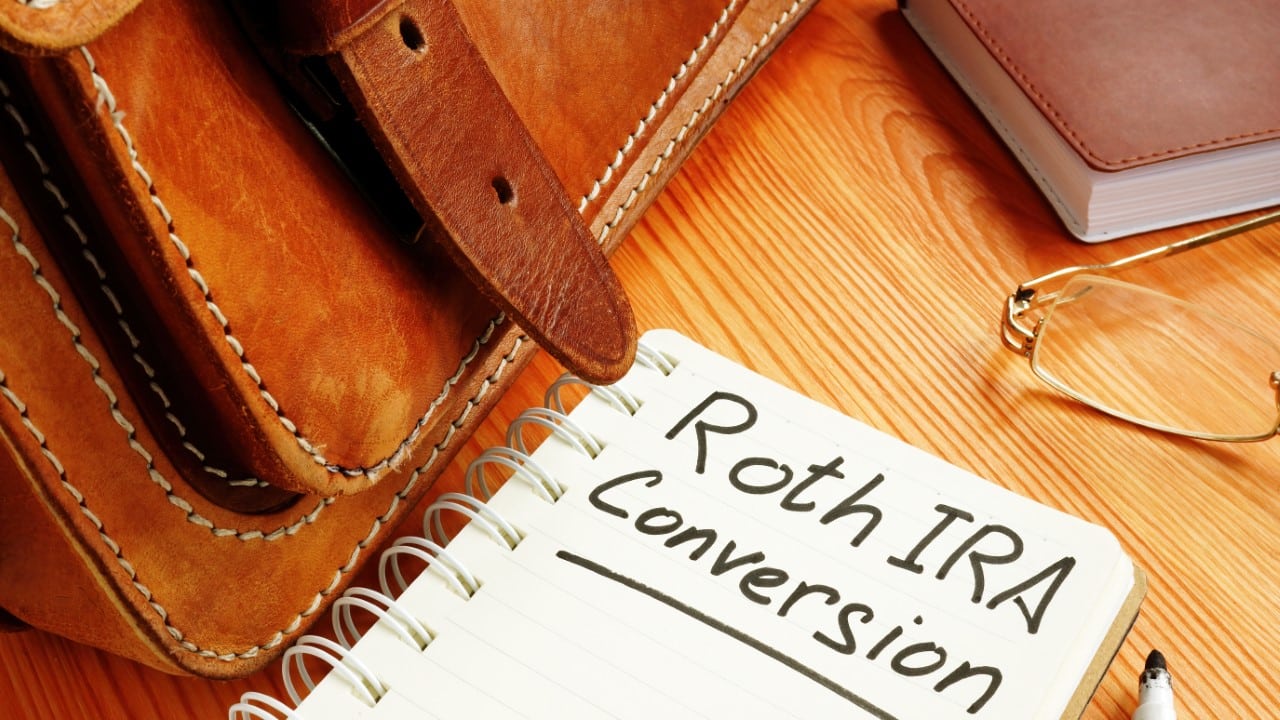
According to The Hamilton Project, the government offers tons of tax breaks for people who opt to save up money. Whether it’s 401k accounts, 403(b), or IRA, if you don’t exploit the benefits being offered by the government, you’re simply missing out.
15. Forgetting About Inflation

Rookie mistake 101: not considering inflation when planning your retirement days. Over time, what once used to be priced at a mere fifty dollars will increase to sixty, then seventy, and so on. Even bonds will deplete over time, so your best, according to Bank Rate, is a broad portfolio like Standard & Poor’s 500.
16. Investing Too Conservatively

Experts at US News state that adults are way too conservative with their investments. While you should always weigh your options and make strategic moves, you shouldn’t be so conservative that you miss out on higher profits. Stocks have higher returns, making them a great option to explore.
17. Paying High Fees
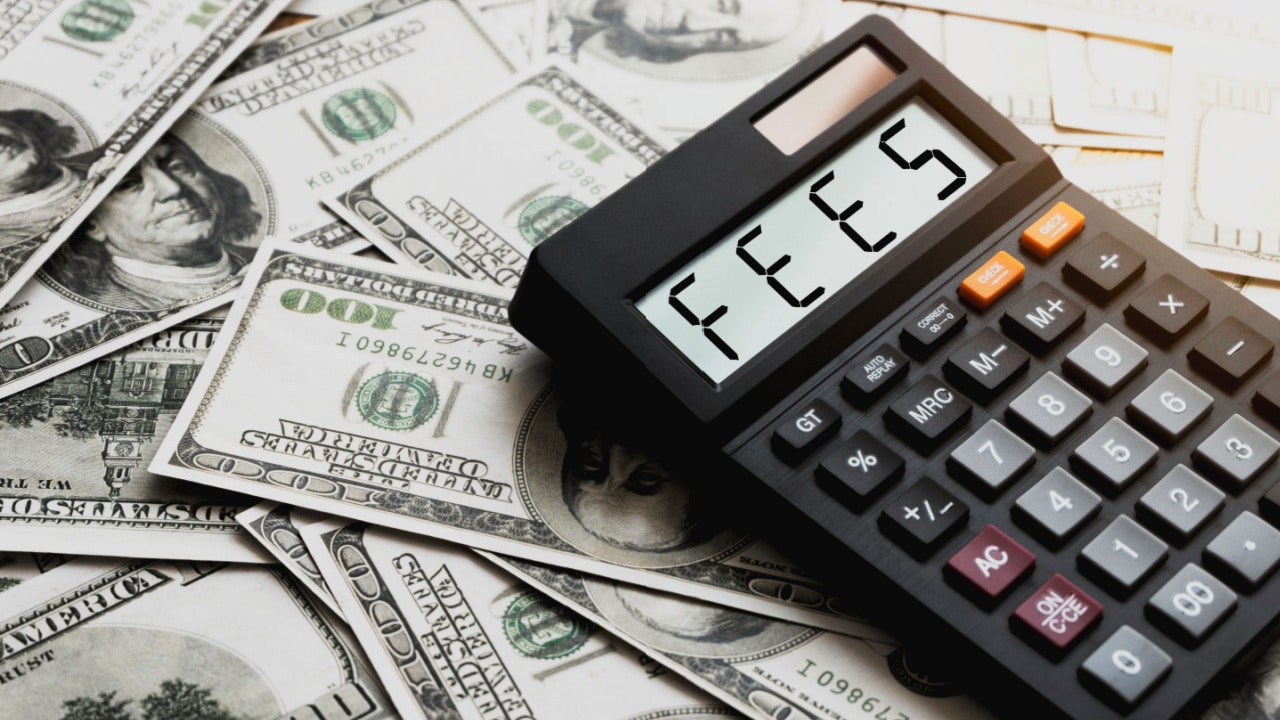
As mentioned by Bank Rate, expensive ratios or mutual funds are places where you will most likely be paying high fees. Even if it’s only one percent, you would pay hundreds and thousands of dollars as time passes. The better way to do it is to resort to an S&P 500 index mutual fund that costs 0.1 percent, which means more compounding money for you.
18. Staying Too Risky as You Near Retirement

When you’re coming close to your retirement age, it’s crucial not to take further risky investments because while they offer higher returns, they can also lead to higher losses, hindering all your hard work. Transitioning to less risky portfolios is the ideal way to go before you hit that significant age.
19. Agreeing To Support Adult Children

It’s a parental instinct to want to support your kids through thick and thin, but it’s also important to prioritize yourself. If you keep helping out your children with finances, chances are they’ll become reliant on you for support, and you won’t be able to save up money, which can be detrimental to your retirement plans.
20. Ignoring the Chance To Contribute

According to US News, you can contribute extra to your retirement accounts once you hit the big fifty. This maximizes your savings, which should be your priority and primary goal. People must remember to check their contribution limits and adjust their budget, which causes retirement plans to crumble.
21. Putting Your Funds in One Place
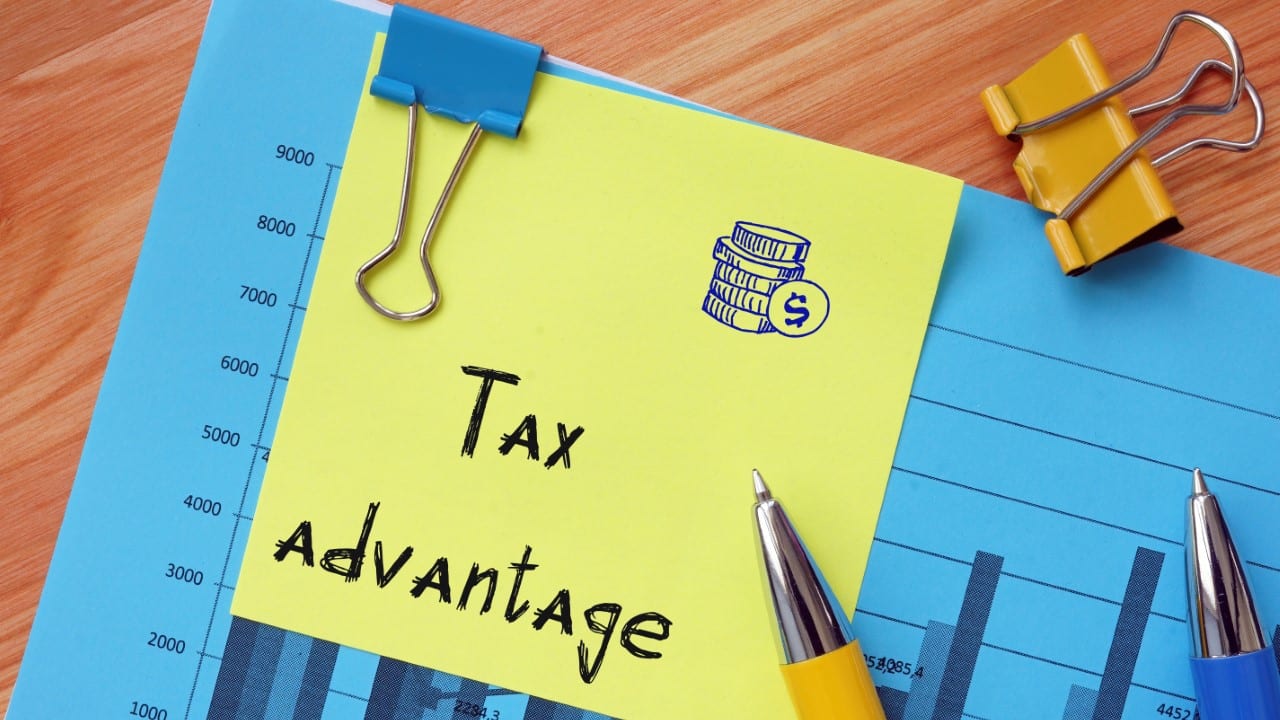
Never make the grave mistake of stacking up all your funds in one place. Experts at the Washington Post state that keeping some money in a non-tax-advantaged account is not a bad idea. Relying on a sole source of investment is never a good idea because it’s simply too risky.
22. Ignoring Housing Possibilities

People wait to figure out their housing situation, which creates several problems in the long run. According to CNBC, people have unrealistic expectations of taking care of themselves. This is why you need to start researching the ins and outs of places to live beforehand to avoid incurring additional unforeseen costs.
23. Assuming You’ll Have Coverage

Don’t assume that your employer-provided benefits will apply the same way when you’re over the age of sixty. It’s vital to keep checking changing health and life insurance policies to keep yourself updated and stay in the loop at all times.
24. Retiring Too Soon

When you choose to retire before a certain age, it leads to several issues. You’ll get fewer social security benefits, and you might not be eligible for Medicare if you’re under the age of 65. So, if you can, it’s best to hold out as long as possible to secure a more stable financial future.
